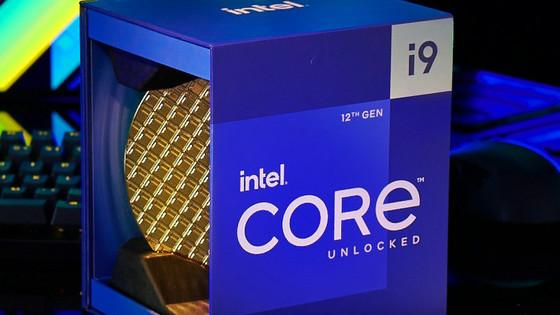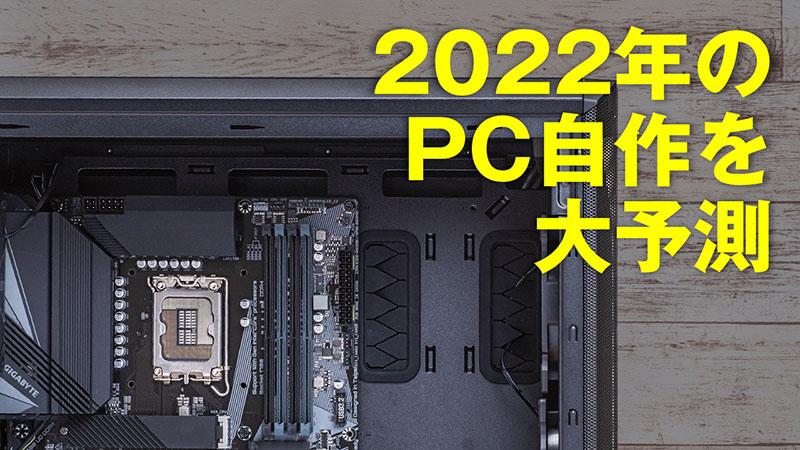Engadget Logo Engadget Japanese version Intel claims 12th generation Core i9 is the fastest mobile CPU exceeding M1 Max
Intel announced the 12th generation Core processor for notebook PCs on the 4th (US local time). As part of that, the new generation high-end product Core i9 is claimed to be the fastest mobile processor ever, surpassing the M1 Max chip in the 16-inch MacBook Pro. The 12th generation Core i9 is a model equipped with a total of 14 cores, up to 6 high-performance cores (emphasizing processing performance) and 8 high-efficiency cores (emphasizing power saving performance). The M1 Max, on the other hand, features eight high-performance cores and two efficiency cores.
Although there are differences in the configuration of the number of CPU cores, both are for recent smartphones that "normally suppress power consumption by focusing on high-efficiency cores, and operate high-performance cores at full capacity when performing high-load tasks" It can be said that it is based on the same design concept as SoC. According to Intel, the 12th generation Core i9 has a maximum clock speed of 5.0 GHz at turbo boost and a maximum power consumption of 115 watts. Both of these outperform the M1 Max (AnandTech says the M1 Max tops out at around 3.2GHz), which is hardly ideal for chassis with limited heat capacity like the MacBook Air or MacBook Pro.
And Intel has released a graph of performance and power consumption entitled "Fastest Mobile Processor Ever". This is clearly stated as measured by compiling the binary with "SPEC CPU 2017" (a standard benchmark used to compare CPU performance).

This graph attempts to claim that the 12th Gen Core i9 achieved higher performance per watt than the M1 Max. Overall, however, the results also show that the M1 Max consumes far less power than the Intel chip. When MacRumors asked for comment on the results, an Intel spokesperson said, "Specrate 2017 integer n-copy data is an excellent benchmark that we use to measure client multithreading performance, and our data is It shows that the Core i9-12900HK has better performance per watt than the M1 Max processor." Intel's latest chips are certainly fast, but under the condition that they can deliver consistent performance without thermal runaway in easy-to-carry (which tends to have limited heat capacity) enclosures like the MacBook Air and MacBook Pro. It seems that it is not suitable for practical use.
In addition, Apple is expected to announce its next-generation M2 (provisional) chip in the next few months, and it may once again overtake it in performance per watt. However, in an environment where sufficient heat capacity can be secured, it is true that Intel chips are superior in terms of peak performance if we can allow the power consumption of the blue ceiling. There are predictions that Apple silicon-equipped Mac Pros will be released by June this year (2022), but new Intel-based Mac Pros will continue to be launched for high-end professional users who don't care about money or power. It seems likely that it will continue. Source: Intel
via: MacRumors
Your privacy settings do not allow this content. Please change your settings here Your privacy settings do not allow this content. Please change your settings here Your privacy settings do not allow this content. Please change your settings here Your privacy settings do not allow this content. Change your settings here







